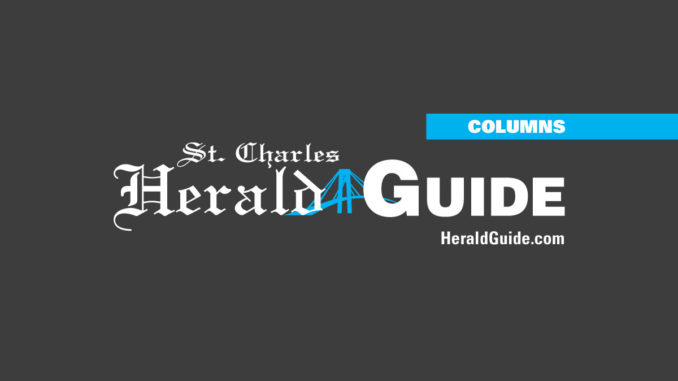
The two most obvious areas needing attention in the aftermath of last year’s devastating hurricanes were the levee system and housing. While efforts are being made to address those two important issues, another critical aspect of life in Louisiana remains reeling from the effects of the storms. Healthcare-particularly for the indigent and the uninsured-was under great stress before Katrina and Rita slammed into the state. Now, 10 months after the initial disaster, the crisis has worsened exponentially.Those who were uninsured before the storms generally remain uninsured. Layoffs have swollen the numbers of new uninsured citizens. There has been a drastic reduction in hospital, nursing home and long-term care beds. Certified medical personnel were in short supply before the hurricanes, and now the workforce shortages are having catastrophic impacts. Additionally, Louisiana’s medical education system has been hit hard by the effects of the hurricanes, and if that problem is not addressed soon, the future supply of doctors, nurses and other medical professionals will be in even shorter supply in the Bayou State.
One thing is clear: Simply reinventing the previous system of healthcare will only bring us back to the deplorable state of high costs and poor rankings that existed before. The twin disasters, as cruel as they were, have opened the door to improve outcomes for patients, revamp medical education and reorder priorities in a system in much need of reform.
The Public Affairs Research Council (PAR) recently published an outline of how state officials can use the special set of current circumstances to reform our decaying system. PAR’s document notes that the state’s archaic Charity Hospital delivery system model was experiencing a steep decline in patients in the years leading up to the storms. At the same time, private hospitals were seeing a large influx of uninsured patients streaming into their emergency rooms for basic care. Like a volcano belching ash and shaking the earth with tremors, our illogical system of government-focused healthcare has given strong indications of an impending disaster for a long time. PAR makes a strong case that the time to act is now-and the reforms needed are very apparent.
Simply put, U.S. Secretary of Health and Human Services, Michael Leavitt, has made it quite clear that he is willing to waive federal regulations that stand in the way of reforming Louisiana’s broken system, but not if it means simply putting back in place what was not working before. In spite of a short-term increase in state revenues (generated by billions of one-time federal funds), Louisiana simply can’t afford to spend its way out of the current crisis. Our state must move away from using a state system of hospitals as the primary delivery point for indigent and uninsured healthcare and become more like the other 49 states in providing these services. That means reformers will have to stand up to politicians who want to keep the huge state hospital system intact as a source of patronage. That absolutely must end. Finally, medical education in Louisiana also needs to be freed from its captivity to the state hospital system. Residency programs don’t have to be tied to a state-run hospital system. In other states, excellent residency programs operate in public and non-profit hospitals, as well as those run by governments. That should be the case in Louisiana, as well.
PAR will soon be issuing more detailed recommendations about specific reforms needed in Louisiana’s healthcare system. Elected officials, policymakers, taxpayers and healthcare recipients should pay close attention to those suggestions.




Be the first to comment